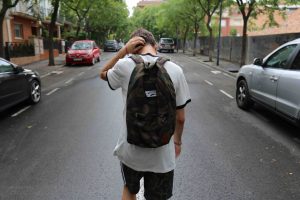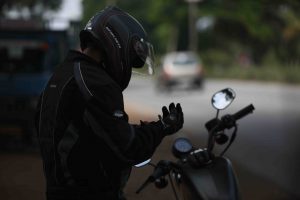 With school soon to be back in session around Miami-Dade County, there are many nervous parents who will be signing their children up for driver’s licenses courses and training. If you are one of them, it is understandable that you are feeling apprehensive: According to the Florida Department of Highway Safety and Motor Vehicles 2017 Annual Report, there is a yearly average of 62,992 car accidents involving drivers aged 15 to 20 years old. They may cover just a five-year age span, but these young motorists are responsible for over 16% of all crashes.
With school soon to be back in session around Miami-Dade County, there are many nervous parents who will be signing their children up for driver’s licenses courses and training. If you are one of them, it is understandable that you are feeling apprehensive: According to the Florida Department of Highway Safety and Motor Vehicles 2017 Annual Report, there is a yearly average of 62,992 car accidents involving drivers aged 15 to 20 years old. They may cover just a five-year age span, but these young motorists are responsible for over 16% of all crashes.
As a parent, you can do your part to reduce the likelihood of your child being in a car accident in Miami. A few tips may be helpful.
Be an Involved Parent
 Miami Accident Lawyer Blog
Miami Accident Lawyer Blog























